Mathematical Thinking – For People Who Hate Math: Level Up Your Analytical and Creative Thinking Skills. Excel at Problem-Solving and Decision-Making. (Advanced Thinking Skills)
Original price was: $48,00.$15,99Current price is: $15,99.
- 100% Satisfaction Guaranteed!
- Immediate Digital Delivery
- Download Risk-Free
✔️ Digital file type(s): 1𝐏𝐃𝐅
Struggling with math? Are numbers your #1 enemy?
Learn the EXACT thinking tools the top mathematicians use to utilize their math skills in real life and radically change how you shop, save, and think!
Achieve your full potential with unlocking your mathematical mind – even if you think you don’t have one.
Math is taught in a dull, authoritarian, and limited way. You either know how to do the Pythagorean theorem or you don’t. But there is SO MUCH more to math than mere calculus and geometry. It pervades almost every life aspect – from how your insurance premium is calculated to the deal you should choose on Black Friday.
Don’t let numbers get in your way to succeed in life. You CAN do math – without the formulas.
Learn to assess information in a logical manner, understand the real connection between risk and probability, make calculated decisions – no hardcore math involved. Mathematical Thinking – For People Who Hate Math provides a new way of looking at the world.
Unlock life-changing ideas and use them to make better and more informed decisions.
- Express yourself in a precise and concise manner using the language of math.
- Learn how turning your focus off can help solve challenging problems.
- How to turn risk and probability to your advantage… mathematically.
- Manage test anxiety like a pro.
A math manual you’ll actually love to read, with research-backed examples for faster learning and greater everyday impact.
Albert Rutherford is an internationally bestselling author whose writing derives from various sources, such as research, coaching, academic and real-life experience.
Thinking mathematically is not the same as doing math. Discover the underlying, everyday utility of math they don’t teach you in school.
34 reviews for Mathematical Thinking – For People Who Hate Math: Level Up Your Analytical and Creative Thinking Skills. Excel at Problem-Solving and Decision-Making. (Advanced Thinking Skills)
You must be logged in to post a review.

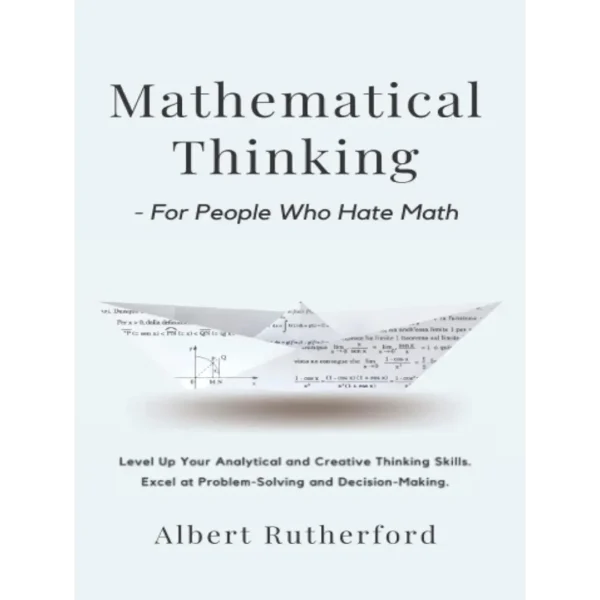
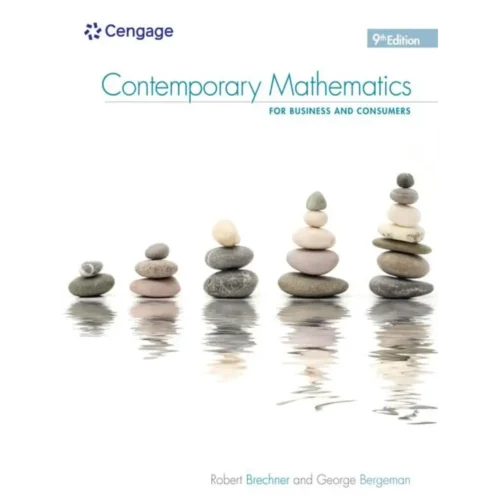
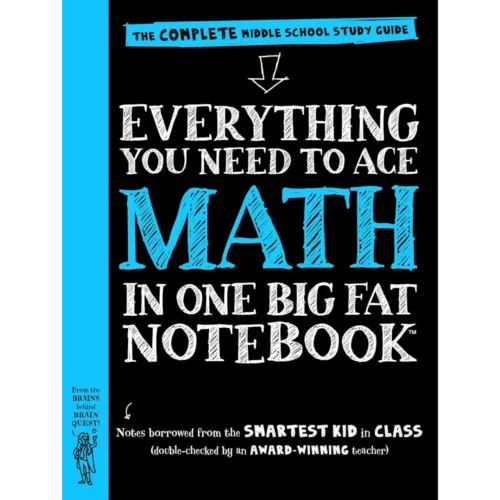
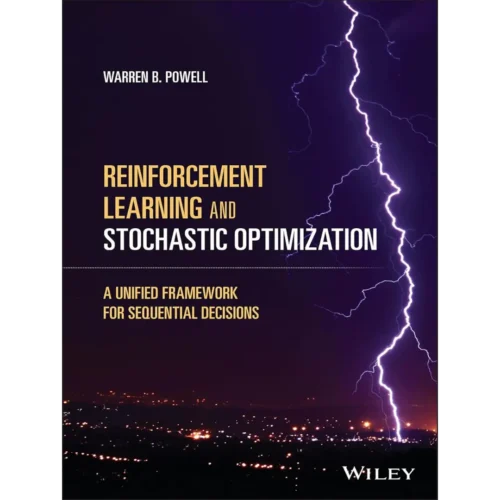
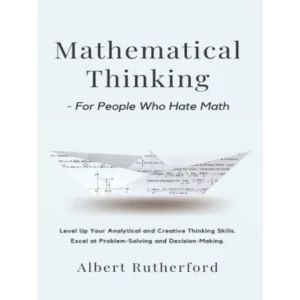
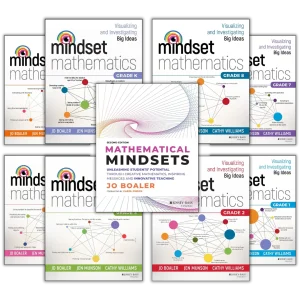
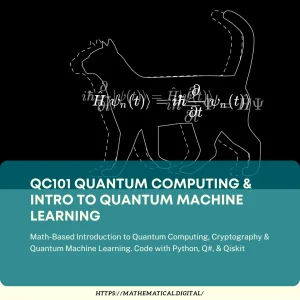
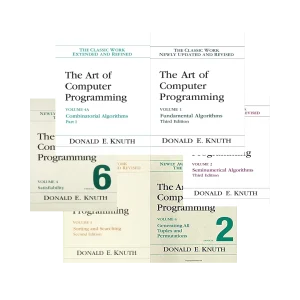
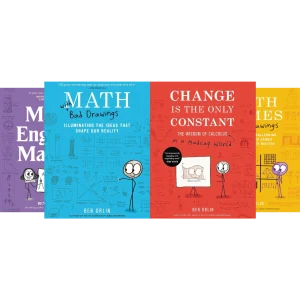
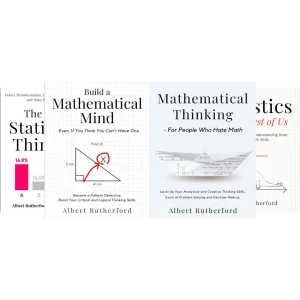
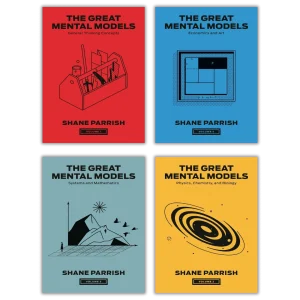

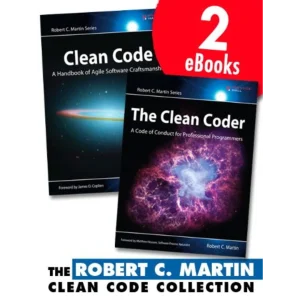
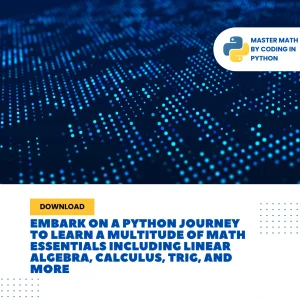

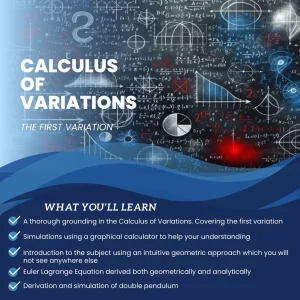
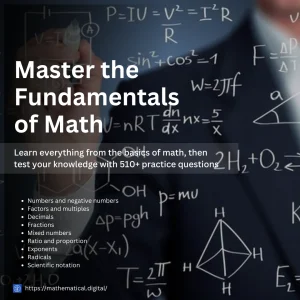


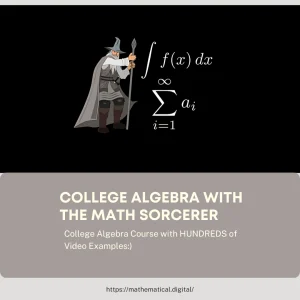
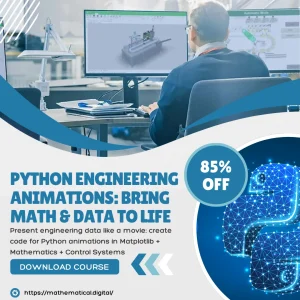
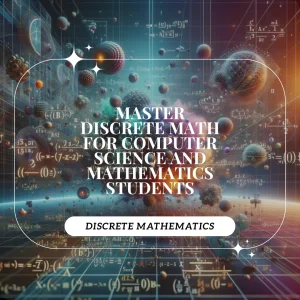
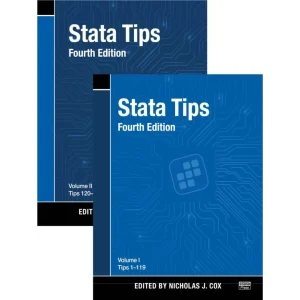
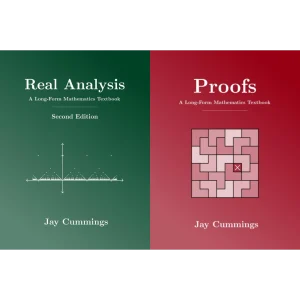
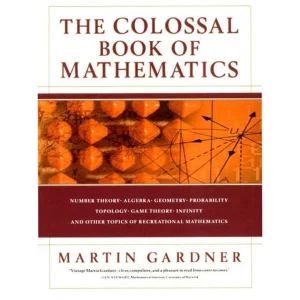
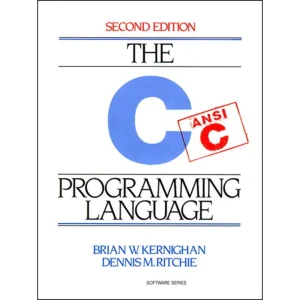
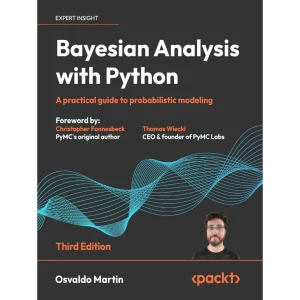
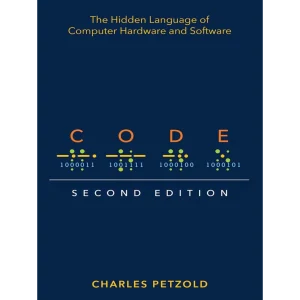
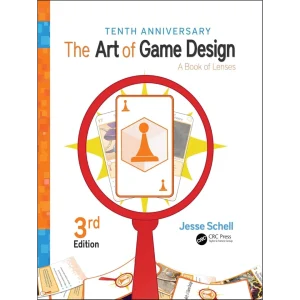
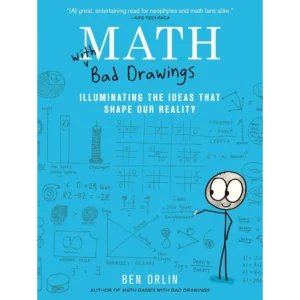
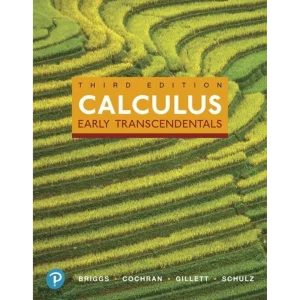
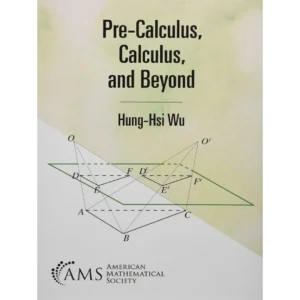
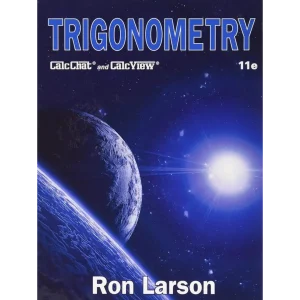
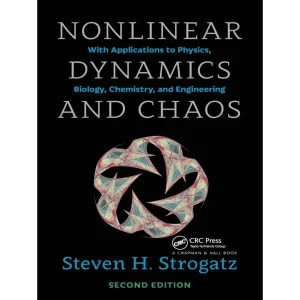
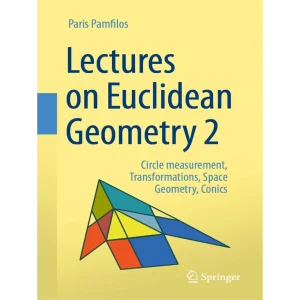
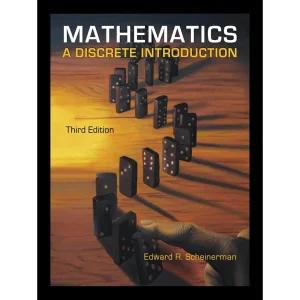
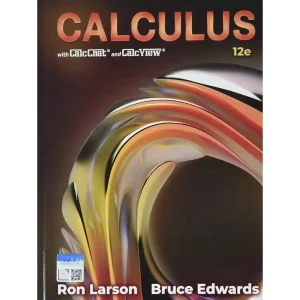
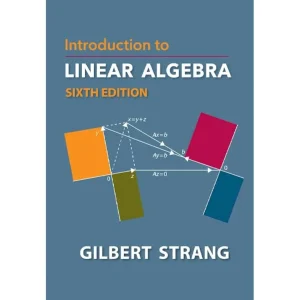
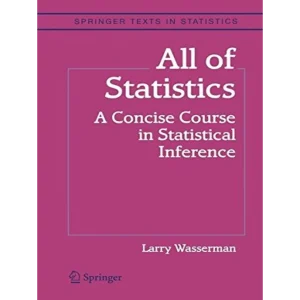
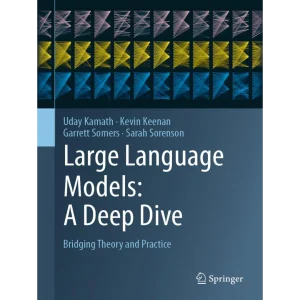
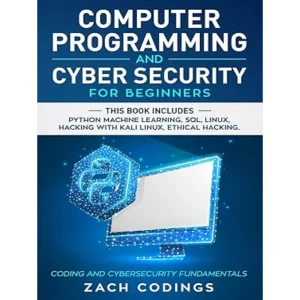
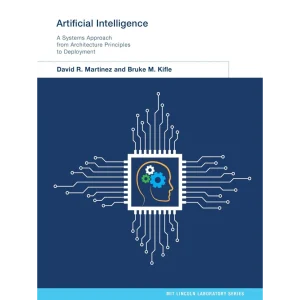
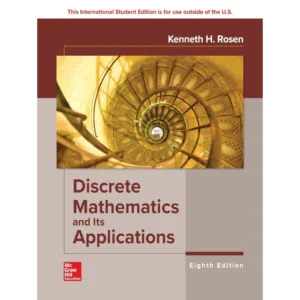
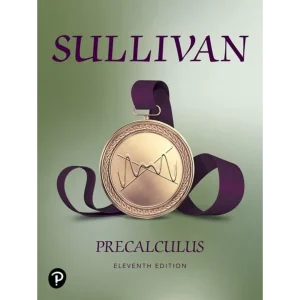

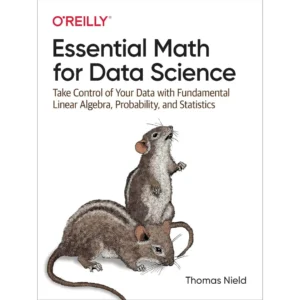
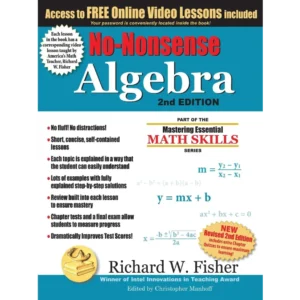
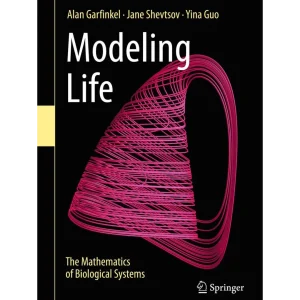
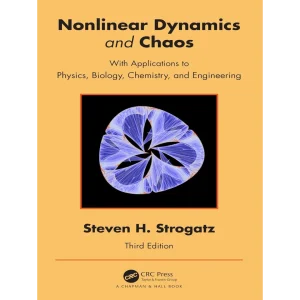
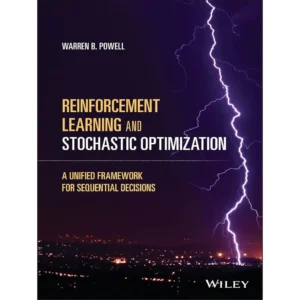
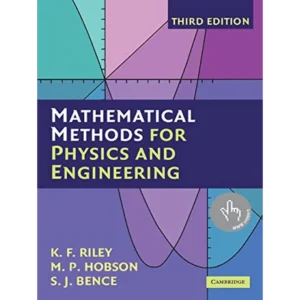
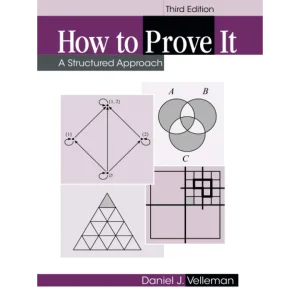
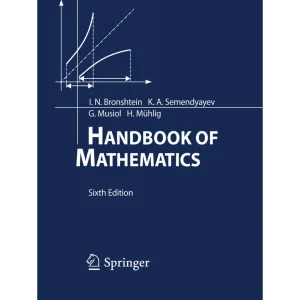
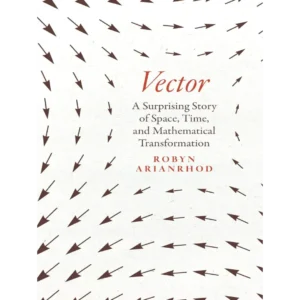
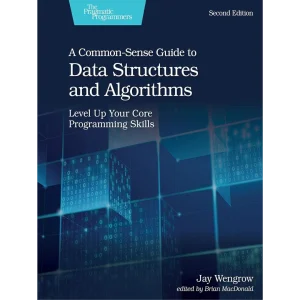
Taylor –
For people who hate math? Perfect for me! As someone who is not only a self-proclaimed hater of math, but is also very terrible at it, this book was great for me. Rutherford relates analytical thinking with mathematical concepts that are digestible (even for me)!
SB –
This is a very useful, clearly written, highly applicable book on math. Better said how to use all that math we learned in real life. I found the section on insurance premium calculation, and the shopping tips the most useful. The anecdotes on linear vs nonlinear thinking we’re also eye opening. A recommended read.
Rachel Watson –
I wish I read this book when I was in school! It would have made a great difference in how I studied math. But never too late, the tips here are evergreen and applicable to the number-related hurdles of adult life. Taxes? Savings? Sales? I have a better grasp on the whys and hows and how to manage my finances better. The book also gives some good insights on test taking and stress management while taking tests. Good, quick read overall.
Den –
4 stars because it’s American and had some graphs in, but on the whole, brilliant and it has footnotes! Read it.
Hay –
While I don’t hate math, I’m certainly not great at it by any stretch of the imagination. This book is immensely helpful in teaching you how to improve your critical thinking and problem-solving skills. Many of the concepts found in math can help you in other aspects of life, so while you may not necessarily still be in school or studying math, you can certainly apply this to many fields. I love how the author guides you through mathematical thinking, from abstract to precision and more.
My only qualm is that I noticed the pages at the bottom of the book actually restart at the end of every chapter, which is a bit odd when I try to keep tabs on how far I’ve read. Aside from the page formatting, I believe this content is incredibly insightful and helpful to all looking to improve their analytical skills!
Ben Z. –
This is book is great for those students that love reading books, but can not stand Math! It merges critical thinking and reading with mathematical insights and analysis. Overall, helpful for the right student.
Taylor James Sapp –
Wow, I really loved the concept of this book. Relating mathematical equations, synonyms & antonyms, synthetics and analytical thinking, and a host of other concepts for more thoughtful thinking and problem solving. I also liked the specific exercises and felt this book does an excellent job of informing and giving examples of how to apply the knowledge. An absolutely fantastic resource for refining one’s thinking and problem solving strategies!
Mello –
This book taught me a lot about subtle things regarding math I never learned in school. The focused and restful thinking switch was a huge aha moment for me. I’m inspired to keep practicing these techniques and dive deeper into more math related topics. Good read.
Zachary –
I’d give this book a recommendation to someone who needs a quick math book that’s not too deep in the mathematical trenches so to speak, but honestly I was hoping for a bit more.
The chapter on linear thinking and non-linear thinking was the highlight for me. It was really interesting and I think I’ll be exploring it further.
I wish that when math was used in the book it was a bit more clear what was going on. Overall though I think it’s well worth the investment because it’s short even though some parts pack a punch more than others.
Valerie RD –
Who’s struggled with maths in school? It’s me! Who’s thought that maths need in school only? It’s me! So this book is totally for me! Course we all need critical thinking
Reader KA –
Although this book was described as a story about mathematical thinking, it was actually about building skills for lifelong learning.
The author tackled a wide range of subjects, including the English language, politics, psychology, economics, mental health. There was even a “spiritual quality” in the pages of the book.
I enjoyed reading this short, well-written piece. Most importantly, I learned something after reading this book.
Ahmed F. –
A good critical thinking practice book that helps in all life aspects, not just math. My only take if the page formatting and the book was also a bit short. Recommended
LeeO –
Happy I read this book. My favorite part were the tips on how to think in a more logical and productive way about money-related life choices. Adding AI techniques to our own human thinking is kinda cool.
Gregory P. –
Good primer for people who want to refresh their basic knowledge on math. The book has some good, unconventional tips as well. Enjoyed this read.
JK –
What a mind-widening read! It was great to refresh some of the math principles I know I learned back in the day. Also, it was helpful to read about the math-related tips and trick they didn’t teach you in school.
Matias –
A good refresher on a lot of things I learned in school, and some more. Some strategies here are things I’ve heard before. But the evidence and reasoning are so convincing that I found myself incorporating these modifications into my life.
Joshua David Cain –
This book does not just teach you how to train your mind to be better at solving mathematical problems but it enhances your analytical thinking.
Lori –
Finally, a book on mathematics that acknowledges people that hate math. Which is a lot of people. We need more books like this to help people to find mathematics useful, engaging, even divine and a purposeful necessity. Beyond just adding and subtracting money. Which is the only time that people who despise math care about math.
I like this quote:.“Critical thinking is important because it allows us to acknowledge our emotions, but not be controlled by them.” Not to be affected by them, as in to not let them drive your decision-making processes. After reading this, it surprised me to find that people that love math actually think like me. And aren’t entirely different. And from a different species. My father loves math and I feel like he has a genetic predisposition to mathematics and he also loved physics. My brother who genetically inherited the ability to do math from him(our father), on the other hand, loves physics, got a degree in it, and did NOT like math because he said that with math he doesn’t know why he’s doing anything that he’s doing, but with physics there is purpose and there’s a reason. The reason I use the phrase “genetic predisposition” is because I grew up with my brother and he didn’t like math but could naturally do math well and I couldn’t, but I could write well. That is fiction, poetry, songs. I was good at English and all things creative writing.
Anyway, one of my genuine reasons for reading this book is to see if people that love math or are good at it have similar thought processes to myself. I grew up with a father that loved math and is very good at math, but I guess I just wanted to know if other people outside of my family that love math and are good at it have similar kinds of thinking, which this book proved/confirmed to me. So that means I’m not bad in math like I’ve been thinking my whole life but had bad math teachers, that’s all. I was willing to learn math to the best of my ability. But the teachers weren’t the best at teaching it. I mean, I think math teachers are better in the United States than the country I grew up in.
Anyway, this quote rings true, “Just like analytical thinking, critical thinking isn’t something you’re born with. It’s a skill you gain with education and practice.” That’s something that I have started notice ever since I graduated with my masters.
For the part on memorization. It depends on what kind of memorization. If its mental memorization, then that is definitely not understanding. But if it’s muscle memory like typing, balancing, walking on a pole, those sorts of things had to have an understanding before you became so accustomed to it you don’t even think about it anymore when you’re doing it.
As a creative writer, I really enjoyed the Chapter on creative thinking. I didn’t know that, “mathematical thinkers often hit a roadblock; they feel stuck. To make progress, they follow creative leaps and bounds to conjecture a hypothesis that then they will try to prove.” So it shocked me that math-thinkers have to be creative, especially since I was already thinking of creativity as infinite, and never ending.
I used to think of math-thinkers, sometimes even the ones in my family, as methodological, calculating and rigid.
See, creativity is all-encompassing and is vital for every corner of our lives. I highly recommend this book for people that hate math now or hated math growing up. It’s not scary, and it’s not strange to take a dive in.
Brennah –
I am not that far in the book yet however so far I love it!
Cat Lover –
So I don’t have a math brain. This was interesting in that it helped me look at problems in a different way and come up with some solutions I might not otherwise have thought of.
Leanne Duncan –
Great read on the basics of mathematical thinking. It gave me a good refresher on concepts I knew before and also some new nuggets.
Hal Macomber –
Mr Rutherford knows the subjects he writes about. He needs to get a good editor. It will improve readability and presentation.
Jose Lourenço Claudio Junior –
Full potential of your mathematical mind in a fun, spontaneous and unlimited way. The Pythagorean theorem beyond calculus and geometry, this in every aspect from formulas to what you should choose.
By appreciating the connection between risk and probability, we learn to make calculated decisions. Don’t let numbers get in the way of thinking symbolically, it offers a way to see ideas changing lives while used to make precise decisions using mathematics.
Turning focus off helps to solve problems.
How to turn risk into probability in your favor…
Manage emotions like a pro.
A manual based on rapid impact learning.
Thinking is not the same as doing, the underlying utility is not taught in school.
Mike –
This actually is much more like a thinking education book than a math learning book. It promotes learning thinking skills such as analytical thinking and creative thinking, and apply them in our daily life. It’s very interesting to read it, and it opens up a new perspective for me. One of my take-away from this book is nonlinear thinking. Overall, it’s a book worth to read and keep!
Jude Griffin –
“Mathematical Thinking for People Who Hate Math” by Albert Rutherford is an excellent resource for anyone looking to improve their analytical and creative thinking skills. The book provides practical tips and strategies for problem-solving and decision-making, making it a valuable tool for both personal and professional growth. Rutherford’s writing style is engaging and easy to follow, making complex concepts accessible to readers of all levels. Overall, I highly recommend this book to anyone looking to overcome their fear of math and develop a more analytical mindset.
Reader for Life –
I loved this book. I’ve always had difficulty rigidly accepting “right brain” “left brain” skills. Math is in every thing whether logical or creative. It’s in the building of things and science, as well as, art, writing, music and color. So I loved the way this book explores the many different types of thinking behind the formulae. It beautifully describes the mathematical thinking focused not just simply on the how but the what, when and why behind real world activities and decisions of life.
W Boroughs –
This book is interesting and helpful, but can be a bit thick or dense in the narrative. A math-oriented person will have an easier time of it, for sure, but everyone can benefit. I do recommend to help build and develop better mental math skills.
mychoiceisphysics –
Although many things seem copied from the book “a mind for numbers” by barbara oakley, it provides some new aspects of mathematical thinking, and sets these aspect with the aspects mentioned in “a mind for numbers” in relation. Also it is more concise and less detailed than “a mind for numbers”.
My suggestion is, reading “a mind for numbers” first, and afterwards come back to this book. This helps to integrate and chunk your previous information and learning and thinking techniques from “a mind for numbers” on the information provided in “mathematical thinking-…”. Also gives u repetition of the information from “a mind for numbers”, because of the shorter explanations.
The shortness seems to be irritating and wouldn’t create much relevance, without the pre knowledge from “a mind for numbers”.
Happy reading
Israel moya –
This book is great, I personally I’m in the process of liking math, and actually trying to understand it since I’ve discovered how I want to learn, and need to learn so it can be my method for my career. So far this book is good, and it’s a narrative form book so it’s kinda of storytelling, and I love it.
Matthew B –
I’ve always struggled to do any math that didn’t have a dollar sign in front of it. I’ve learned to love numbers a little more these days and I think this is a great read for anyone on a journey to be more comfortable with math.
joseph –
An easy read that was actually very informative and a pleasure to read. I was not disappointed. Helps you to think outside the box. Enjoyed it !!
Mazy Green –
This book is about building skills for lifelong learning. The author dives into everything to bring in the mathematical concepts. It’s a short, well-written read that really makes you think. I had to look up the 9 dots exercise and honestly, I wanted to spend more time diving into all these exercises. But I decided to write this review before finishing because I was just that impressed. If you’re into learning new things, this book is a great find!
Sally L –
It’s a solid overview of mathematical thinking. Perfect for beginners. The formatting is a bit off, but not too distracting
EZ Insight –
Rutherford excels at breaking down complex ideas into digestible parts, making the subject accessible to anyone. The book is not about making you a mathematician but about enhancing your analytical and creative thinking skills. It highlights the importance of mathematical thinking in everyday problem-solving and decision-making, showing its relevance beyond the classroom.
One of the book’s strengths is its practical approach. It combines theoretical concepts with exercises that encourage readers to apply what they have learned. This hands-on method helps reinforce the material and allows readers to see the practical applications of mathematical thinking in real life.
Excellent guide for demystifying math and leveraging its principles to enhance your analytical abilities.